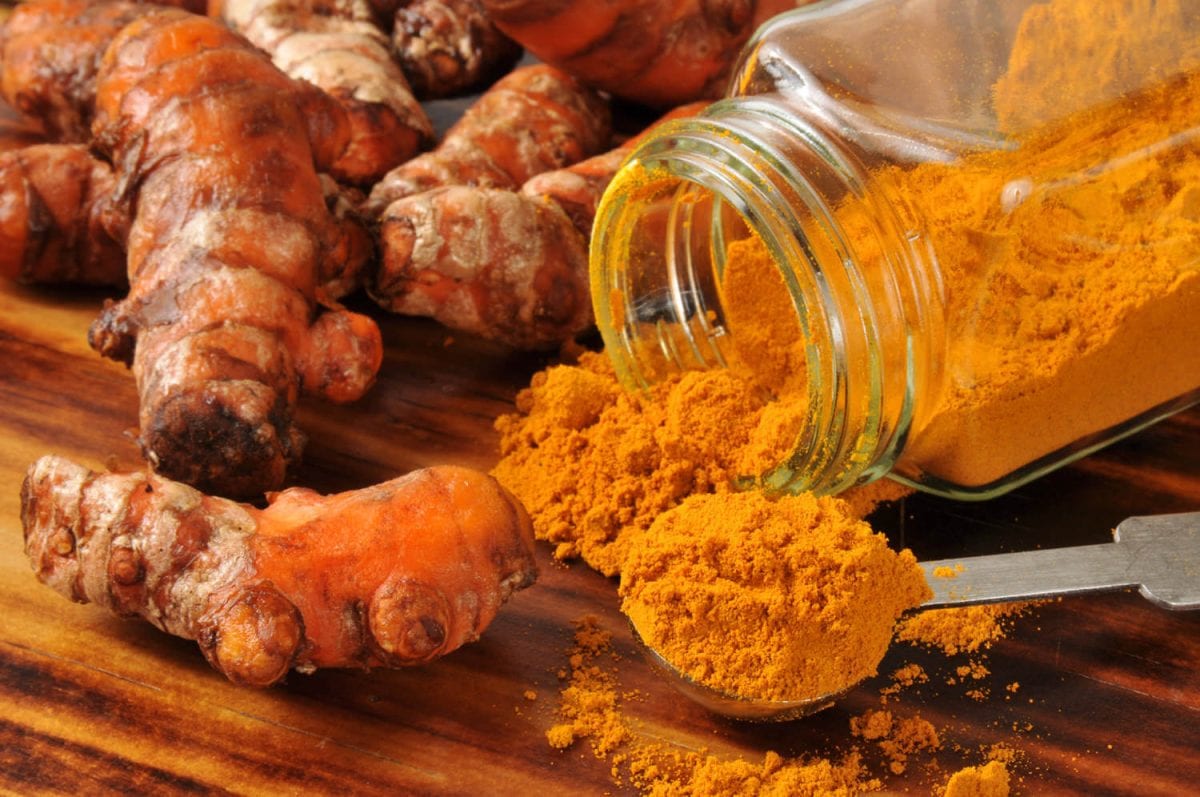Turmeric, that vibrant golden spice commonly found in kitchens worldwide, is not just a flavorful addition to your favorite curry dishes; it’s a natural powerhouse with a plethora of health benefits. This ancient herb, scientifically known as Curcuma longa, has garnered immense attention in recent years for its potential to promote overall well-being. From its potent anti-inflammatory and antioxidant properties to its role in aiding digestion and supporting heart health, turmeric has earned its status as a superfood. Join us as we delve into the remarkable health benefits of turmeric and uncover the science-backed reasons why this spice deserves a prominent place in your daily health regimen
Using turmeric in cooking has always remained the preferred option, but there are many factors that point towards supplements if you want to enjoy the health benefits. Here are a few things about turmeric curcumin that would help you decide between using is as a spice or a supplement.
Turmeric as a spice
Turmeric as a spice is used in various culinary delights. It is the powdered form of dry turmeric rhizome and has a peculiar yellow color. Mainly this spice is used in cooking to add distinct flavor and color to the dish. The yellow colored member of ginger family has reached global kitchens due to its health enriching properties. Cooking with this spice doesn’t need any skills as you can use it in dried or fresh form without introducing any major changes to the recipe.
While cooking with the fresh bulb, you can use a grater to get the fine strands of this herb. It has little bitter taste, so go easy on the use. Turmeric skin is also edible but that solely depends on the personal preference as the flavor of skin is quite strong and won’t suit all taste buds. The thin skin can be removed by scrapping it gently with a spoon.
Turmeric offers a wide range of potential health benefits, thanks to its active compound, curcumin. While more research is needed to fully understand its effects, here are some of the main health benefits associated with turmeric:
- Anti-Inflammatory Properties: Curcumin is a potent anti-inflammatory agent that may help reduce chronic inflammation in the body, which is believed to be a contributing factor to many chronic diseases.
- Antioxidant Effects: Turmeric is rich in antioxidants that can help neutralize harmful free radicals, which play a role in aging and various diseases.
- Pain Relief: Some studies suggest that turmeric may provide natural pain relief, especially in conditions like osteoarthritis and rheumatoid arthritis.
- Improved Digestion: Turmeric can stimulate bile production in the liver, potentially aiding digestion and reducing symptoms of indigestion.
- Heart Health: Curcumin may help improve heart health by improving endothelial function, reducing inflammation, and lowering the risk factors associated with heart disease.
- Brain Health: There is ongoing research into curcumin’s potential to protect the brain against neurodegenerative diseases like Alzheimer’s disease. It may also improve cognitive function and reduce the risk of brain diseases.
- Cancer Prevention: Some studies suggest that curcumin may inhibit the growth of cancer cells and prevent the spread of cancer. However, more research is needed in this area.
- Arthritis Management: Turmeric’s anti-inflammatory properties may help manage symptoms of arthritis, such as pain and stiffness.
- Skin Health: Turmeric can be used topically to promote healthy skin. It may help with conditions like acne and psoriasis.
- Improved Immune Function: Curcumin has been shown to have immunomodulatory effects, potentially enhancing the immune system’s ability to fight off infections.
- Weight Management: While not a replacement for a healthy diet and exercise, turmeric may aid in weight management by supporting metabolism and reducing inflammation associated with obesity.
It’s essential to note that while turmeric and curcumin offer these potential health benefits, the effects can vary from person to person, and more research is needed to establish definitive health claims. As with any supplement or dietary addition, it’s wise to consult with a healthcare professional before using turmeric for therapeutic purposes, especially if you have underlying health conditions or are taking medications.
There are many other benefits of turmeric that will become part of your life when you make turmeric a vital part of your diet by using it in cooking. Now, the question comes that if turmeric as a spice is so effective then why would you need to resort to it as a supplement?
Turmeric as a supplement
Natural products are good for your health, but they have their own limitations too. Even when you talk about turmeric in its natural form, you will see that it is the combination of various elements. Curcuminoids responsible for making turmeric a healthy spice amounts to just 3% of natural turmeric. The amount of curcumin required in order to avail specific health benefits is quite high and that may call for consuming very high amount of turmeric powder and that is not practical. This is where the supplement comes into the picture!
Turmeric Curcumin supplement contains pure curcumin extract that offers desired health benefits when consumed in the recommended dosage. Many supplements contain as much as 95% pure curcumin which is quite a lot compared to that present in turmeric spice. For example, just half a gram of curcumin extract contains as much as 400mg of curcumin, whereas when you consume half a gram of natural turmeric then the curcumin present would be only 15mg, which is far less compared to the supplement.
Another advantage of using tumeric as a supplement compared to its use as a spice is that you can have measured dosage which is not possible while consuming spice. In order to target specific health problems, it is important to be specific with the dosage as well. Most of the supplements have dosage mentioned on the packages that make them more effective when followed properly.
Apart from the above factors, absorption of the curcumin is equally important to avail results. Even when you consume a good quantity of turmeric spice, it is possible that your body won’t absorb the curcumin present in it. This is because of low bioavailability of curcumin. You need to combine natural turmeric with other ingredients to increase absorption of curcumin. Supplements can be absorbed better as they have been treated with other chemicals that increase the bio-availability of the extract.
Spice or Supplement
The above facts about turmeric spice and supplement clearly indicate that there are benefits of its use as a supplement over a spice as these supplements are meant to be used for health enrichment. At the same time, spices are free of any side-effects and can be used for the lifetime without worrying about potential health hazards.
Hence, if you have any health problems that require turmeric for treatment then nothing is better than a supplement but that doesn’t stop you from using turmeric in cooking as it is the easiest way of adding a pinch of health into all your meals.
Author Bio:
Karishma, being a professional article writer loves to conduct online research about new introductions in health industry during her free time. She also intertwines this study in her articles.









